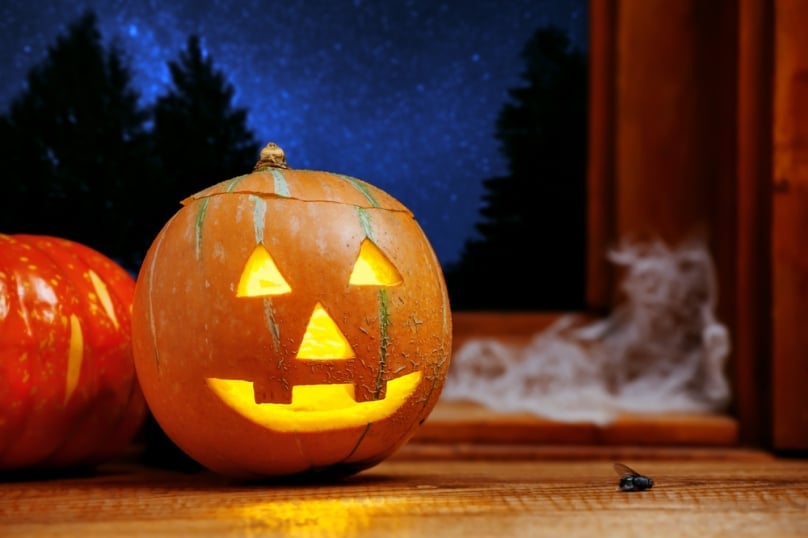
Halloween seems to be gaining popularity in this country and I have a problem with it, with the witches and goblins and the trick-or-treating. Should Catholics, or other Christians for that matter, be involved in a pagan custom like this?
I don’t want to tell you whether you or your children should be involved in celebrating Halloween, but I can give you some background to shed light on the matter.
First of all, the name Halloween is Christian. It means, simply, hallows evening, saints evening, and it refers to the vigil of All Hallows Day, All Saints Day, celebrated on November 1. “Hallow” is an old English word for saint. We use the word in the Our Father when we say “hallowed be thy name”, may your name be held holy.
As I wrote in an earlier column, the feast of All Saints has been celebrated on 1 November since the pontificate of Pope Gregory III (731-741). In 732 that pope consecrated a chapel in St Peter’s Basilica in Rome dedicated to all the saints, and he fixed the annual celebration for 1 November. A century later Pope Gregory IV (827-844) extended the feast to the universal Church and it has been celebrated on 1 November ever since (cf J. Flader, Question Time 2, q. 274).
The feast was so important that from the beginning it was celebrated with a vigil, or liturgical celebration on the evening before the feast. The vigil came to be known popularly as Hallowe’en, hallows evening. Even today the feast of All Saints is celebrated as a liturgical solemnity with a vigil on the evening before.
But why the witches and goblins, pumpkins lit up by a candle and trick-or-treating? For this we have to go back to the early Celts. The ancient Celtic peoples of Ireland, Scotland, Wales and Brittany celebrated on 1 November the beginning of the new year and the coming of winter. On the night before the new year they celebrated the festival of Samhain, the Lord of the Dead.
They believed that the spirits of the dead, both good and evil, including ghosts, witches and goblins, wandered on earth again that night, and in order to scare away the evil spirits they would light bonfires and wear masks. Thus they were not embracing the ghosts and witches and other evil spirits but rather trying to scare them away.
As regards the custom of children going from door to door asking for lollies and other types of food, commonly known as trick-or-treating, it may have its origins in an Irish custom that goes back hundreds of years. Groups of farmers would go door-to-door collecting food and other items for a village feast and bonfire. Those who gave food were assured of prosperity and those who did not were threatened with bad luck. It seems that the Irish immigrants to the United States in the 19th century took this custom with them and so trick-or-treating came to be associated with Halloween.
As a boy I grew up with the custom in the US, where it was completely harmless and lots of fun for everyone. But reflecting on it later in life I have come to question the aspect of playing a trick on people who did not give treats. This could consist in rubbing their windows with a bar of soap or other equally harmless acts.
What I do not like about it is the fact that it introduces children to what in adults would be called a protection racket: threatening people with harm if they do not pay a sum of money. I do not want to give this undue importance, because children are innocent and do not understand the full implications of what they are doing, but simply to point out its possible implications. If children today do not play a trick on those who do not give them anything, so much the better.
And as for the pumpkins, again we go back to the Irish, who would hollow out a turnip and place a lighted candle inside to ward off evil spirits. When the Irish went to America, they found the much larger pumpkin a better solution.
So that is the background to Halloween, which has both pagan and Christian origins. If children want to live the custom, they can be told about the Christian origins of the name and the feasts of All Saints and All Souls.
They might be suggested to give some of the treats they receive to poor children, through a charity, so that they do not see the feast as an opportunity to indulge themselves.
